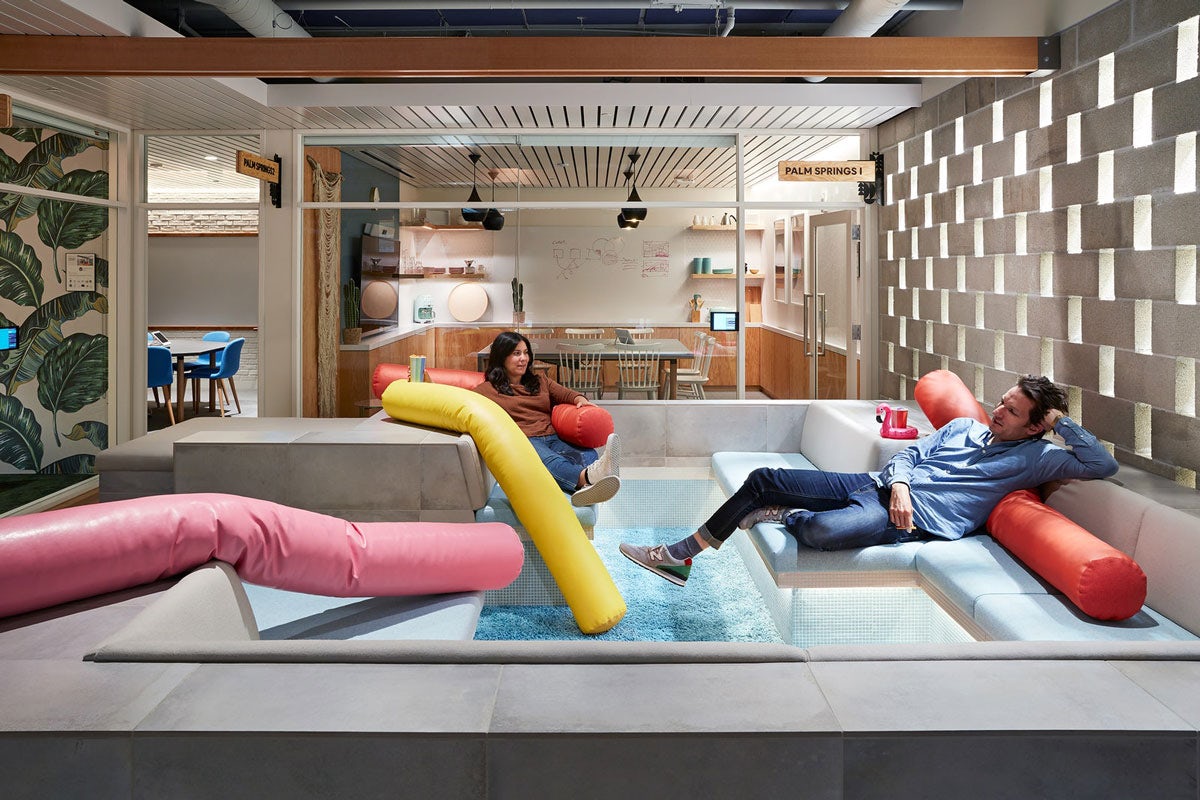Why the modern office needs to be a destination, not an obligation
While the shift to working from home prompted by the pandemic initially seemed successful, many are now craving a return to the office. But, argues Aaron Taylor Harvey, we shouldn’t just go back to where we were before. What we need is a third way
The abrupt change caused by Covid-19 is like a fast forward button, allowing us to travel directly to the endpoint of a likely timeline created by the pervasive creeping of convenience culture. Retail was already suffering, delivery was already the rage, ‘direct to consumer’ was baked into every new product start-up. Amazon had already bought Whole Foods. Skipping ahead has given us a perspective that the path of slow change would have made obscure, more palatable, and, in retrospect, inevitable.
But now, as visitors to the panacea of Door Dash and Zoom Meetings, we are collectively capable of seeing what will be lost if we give up on physical space. The initial perk of work from home has become purgatory. Flexibility without compelling options is just monotony. After endless delivered meals, it has become clear that restaurants are only nominally about the food.
Technologists and keynote speakers at an endless stream of Future of ____ conferences have been proselyting telecommuting for 25 years. These snake-oil salesmen, pitching a strategy for corporate real estate efficiency in the guise of worker convenience, have never faltered. Presenting the same old tropes of personal freedom and flexibility without ever mentioning the essential human need to talk with other humans in a room, or the faint shadow play on the cave wall that is videoconferencing.

One can infer the aftermath of the ‘evolution of work’ these sermons describe: a world where physical space becomes a luxury, where access to an environment outside of your home to work, eat, and shop becomes a benefit of class-position. Original reality is for the rich, while the rest of us live virtually. One can easily imagine now how our obsession with convenience will evolve into dystopia.


















